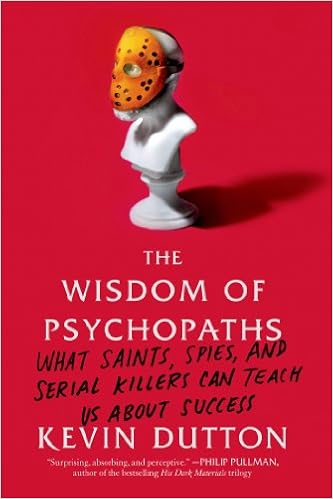This is a book written by one of my favourite philosophers (though not a professional academic one), Tuomas Nevanlinna, one of the discussants in the light-mooded (or even humorous) philosophical radio program, Tukevasti Ilmassa (transl. "Firmly in the Air").
The book directs a philosophical gaze on everyday life, and makes very poignant and compelling observations. As a read thread that runs through the book, Nevanlinna's style (and way of thinking) is characteristically dialectical; often for there to be something, there also has to be its opposite. For instance, for something to be original, there must be imitators, even though original roughly means "the first one" (before there were any imitators). In other words, it is only the imitators which make something original.
As much as the book is a philosophical discussion about various everyday phenomena (e.g. air travel, sports, technological development and consumerism, love, education etc.), it is quite sharp social commentary.
Was it good?
The book is, in my opinion, supremely good, and is quite faithful to Nevanlinna's characteristic writing/speaking and thinking style.
I especially like the great variety of topics under discussion, and the often surprising points of view which Nevanlinna takes and then provides rather compelling argumentation to back those up if not to show that other perspectives seem even unthinkable.
For an everyday/common reader (i.e. outside the academic philosophical circles), this is what philosophy should be.
As an example, here is a passage from page 254 (freely and quickly translated by me; emphases in original):
"One of the defining features of European culture is despise towards and dismissing of material artefacts.
Our relationship with material artefacts is defined and maintained on the other hand a technological-economical complex (according to which material artefacts are taken as discardable or replaceable), and on the other aesthetics (according to which material artefacts are, in the end, in the mercy of our individual meaning-giving).
According to both perspectives, material artefacts don not mean anything in and of themselves.
What is annoying with regard to the prevailing culture is that material artefacts, after all, are meaningful for people in ways which are not exhausted by usefulness or sensory pleasure. For example, personal, "dear to me", mementos. One does not really deny the justification of this kind of a relationship to a material artefact, but it is valid only within the dark mazes of privacy.
Why? Because science teaches us that material artefacts "as such" do not mean anything. Their experiential meaning is a consequence of either a juvenile transfer of emotions, or an arbitrary judgment of taste. Furthermore, material artefacts do not live, "suffer", and therefore one can treat them in any way one pleases.
Humanists are against objectification of a human being. Feminists criticise objectification of women. But why does not anyone speak about objectification of material artefacts?" (p. 254)
Here, there is at the same time something to think about, and a quite humorous take on the World.
The main take-away for me?
The applicability and usefulness of dialectical thinking really struck me while reading the book, and I certainly intend to "direct such a gaze" to the everyday life -- like Nevanlinna has done here.
Moreover, Nevanlinna really shows that one does not have to be entirely serious in order to be insightful and compelling.
Who should read the book?
Perhaps the book is a bit too "high-flying" for a random reader, but if one has any philosophical bent or curiosity, here's a prime example of "philosophy put to real work".
The book on Goodreads.com: Hyväkuntoisena taivaaseen








